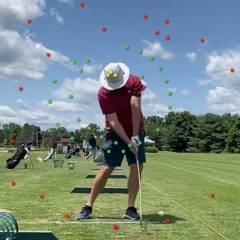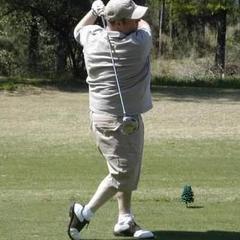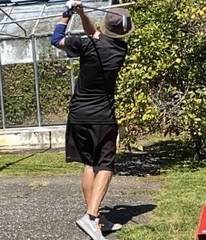-
Topics Being Discussed Right Now on The Sand Trap
-
- 0 replies
- 14 views
-
"5 Minutes Daily" Practice Challenge 1 2 3 4 879
By iacas, in Instruction and Playing Tips
- 5 minutes daily
- dedication
- (and 6 more)
- 15,811 replies
- 986,159 views
-
- 29 replies
- 813 views
-
Golf Shoes - Meandering Thoughts and Questions 1 2 3 4
By xrayvizhen, in Balls, Carts/Bags, Apparel, Gear, Etc.
- 58 replies
- 12,328 views
-
- 0 replies
- 49 views
-







Recommended Posts
Create an account or sign in to comment
You need to be a member in order to leave a comment
Create an account
Sign up for a new account in our community. It's easy!
Register a new accountSign in
Already have an account? Sign in here.
Sign In Now